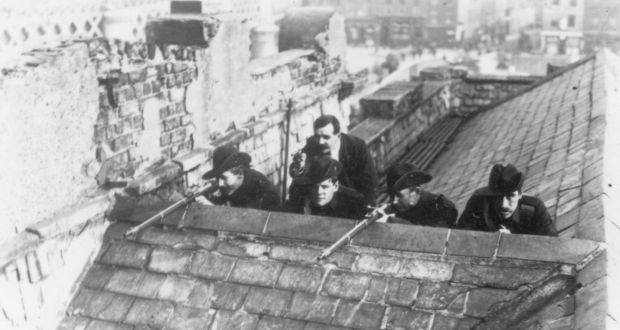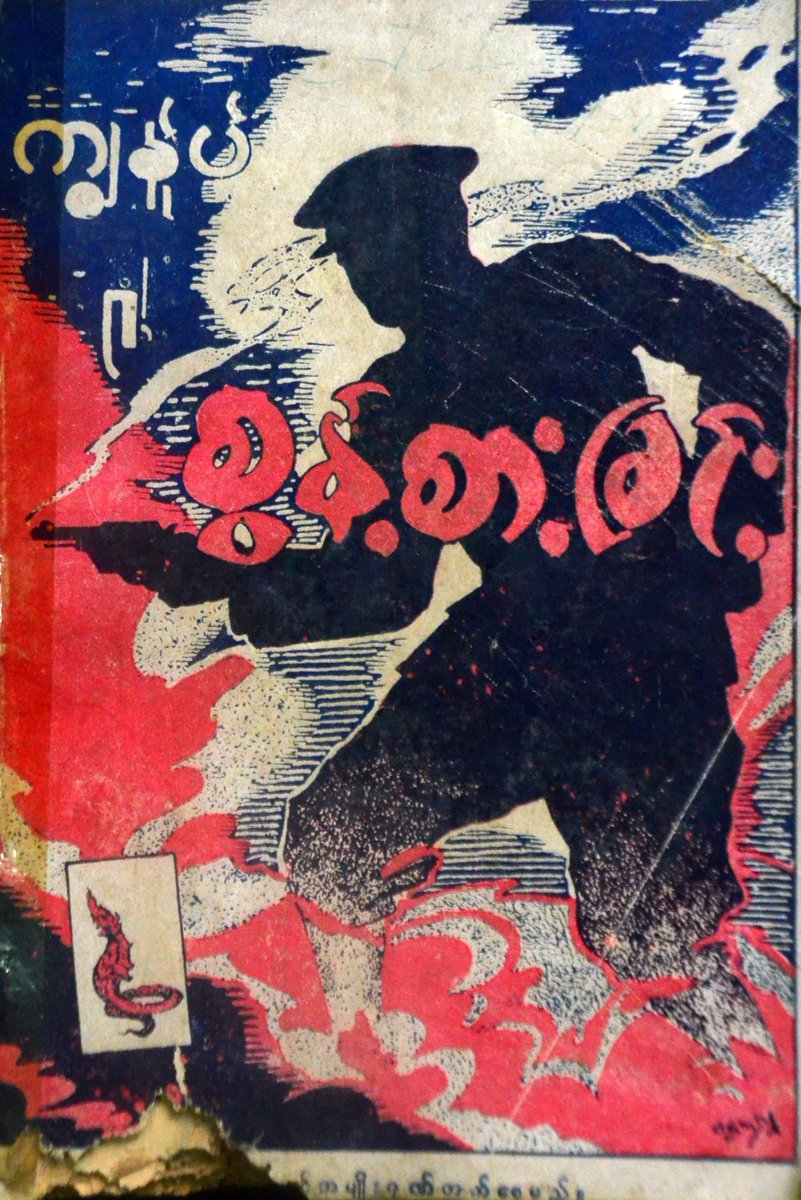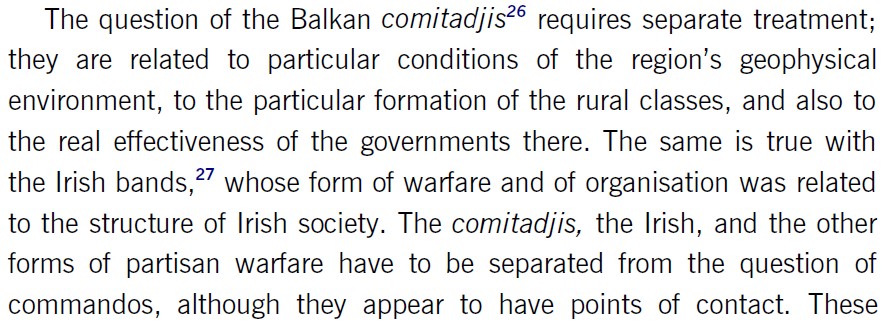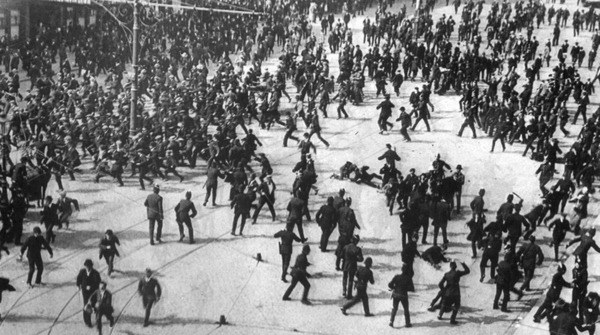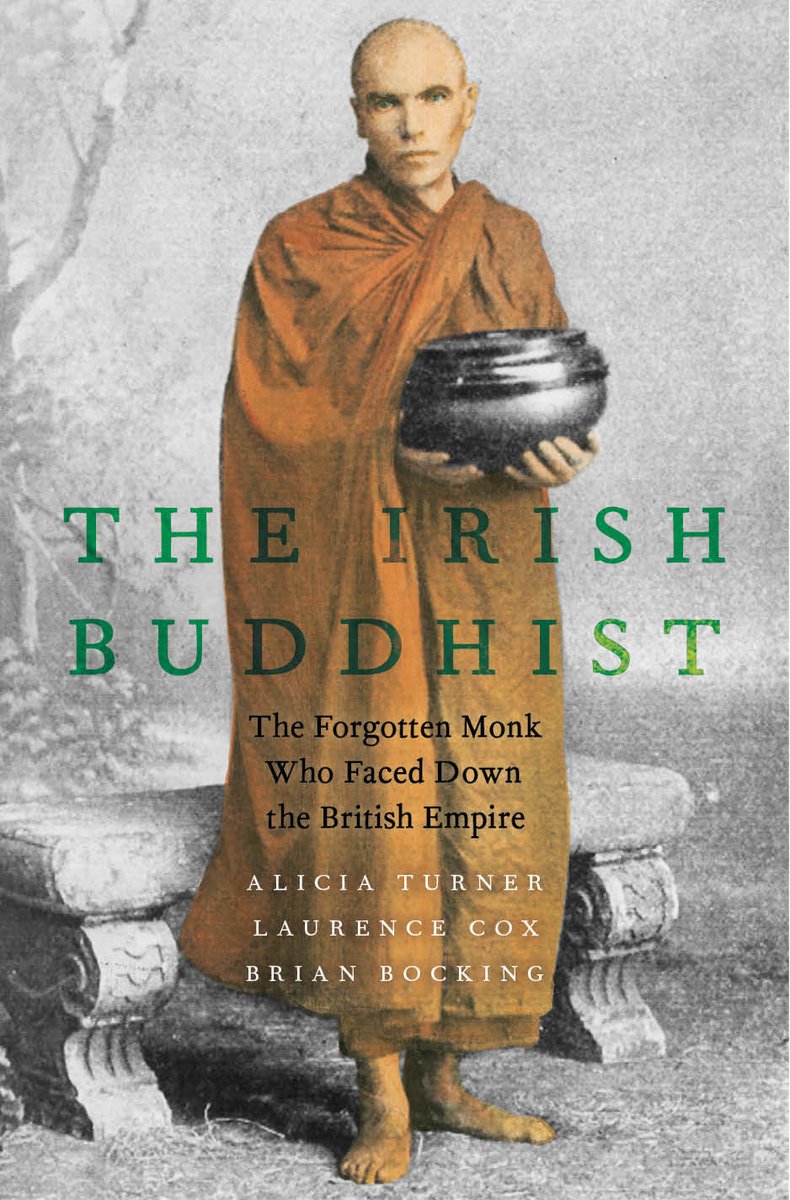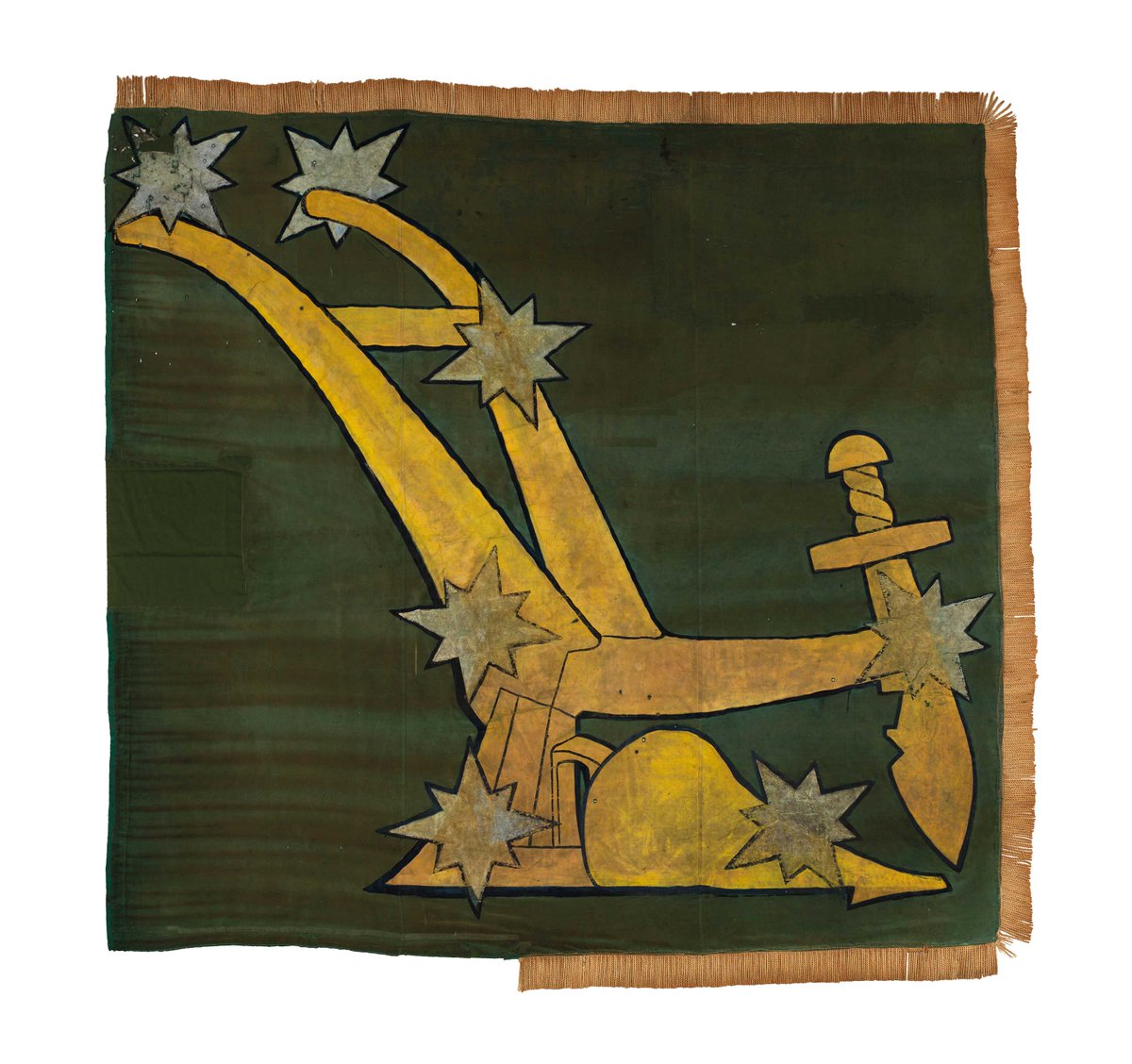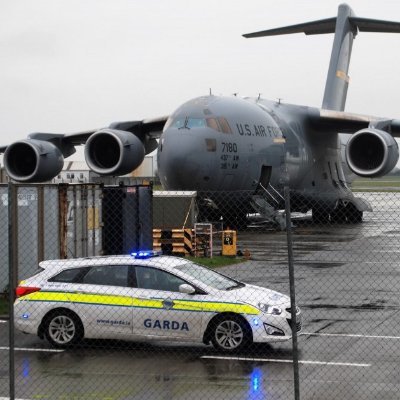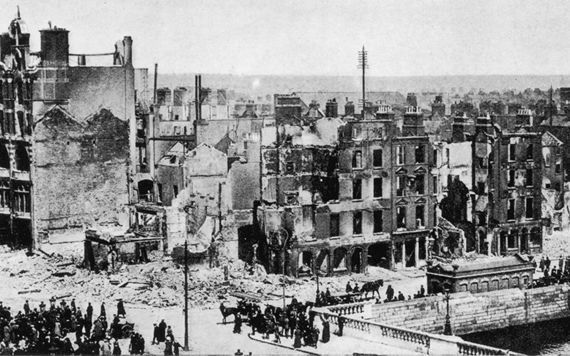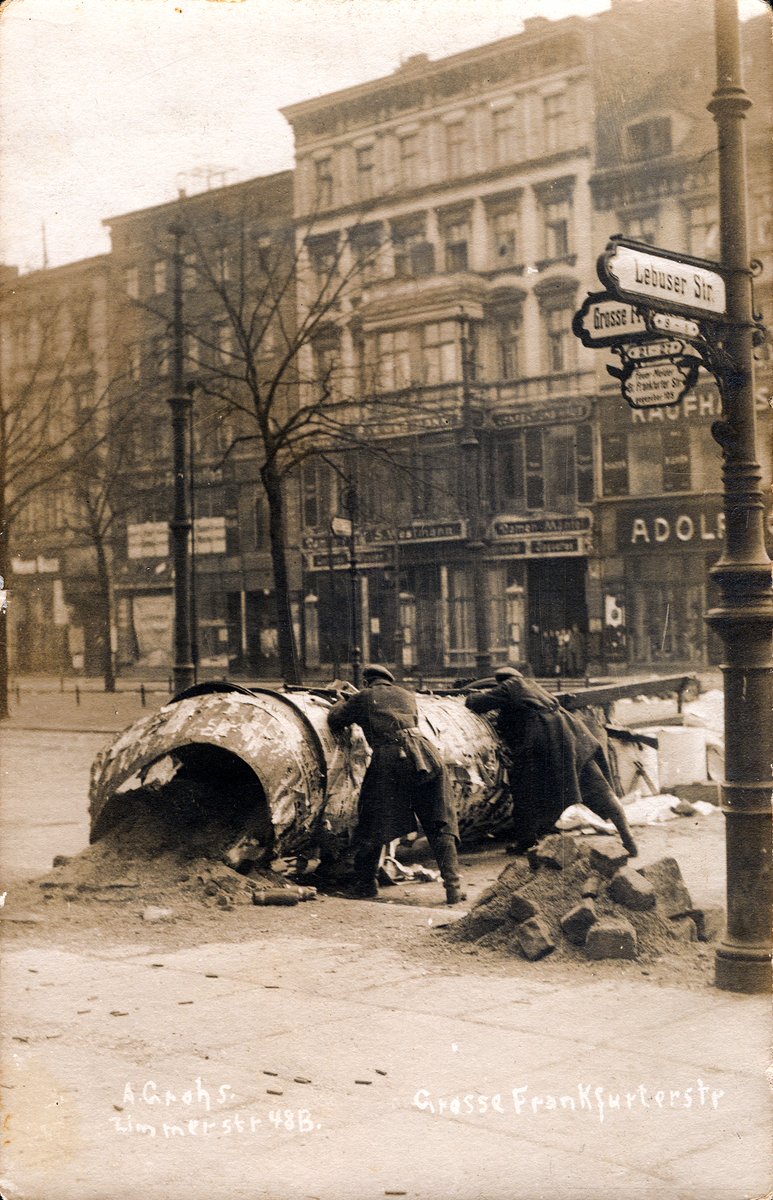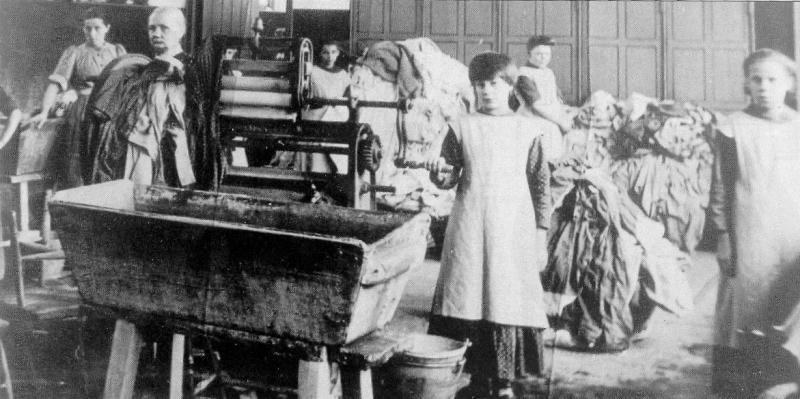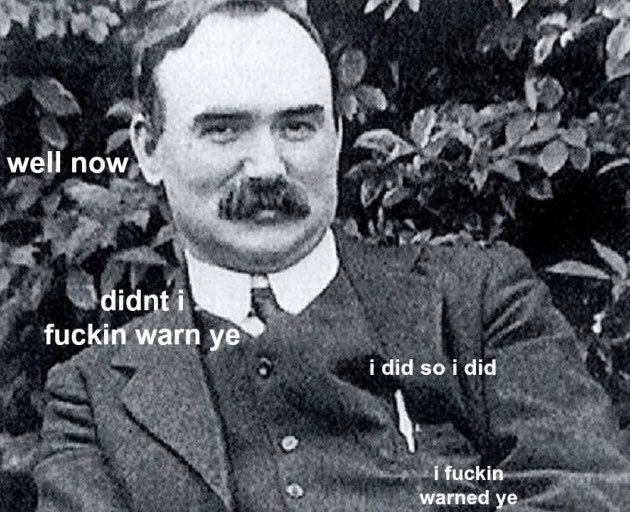105 yrs ago today, the Easter Rising started in Dublin.
Along with Ghadar and Petrograd, it opened a global revolutionary wave that included workers& #39; uprisings, land seizures and anti-colonial struggles and included many different shades of left and feminist activism.
Along with Ghadar and Petrograd, it opened a global revolutionary wave that included workers& #39; uprisings, land seizures and anti-colonial struggles and included many different shades of left and feminist activism.
The "world-historical" dimension of events in Ireland was widely recognised, particularly its early independence from empire, an important point of reference for Asian movements well into the 1930s (below, Dan Breen translated into Burmese).
Gramsci& #39;s famous "war of manoeuvre / war of position" discussion of revolutions also has a third term, "underground warfare", which he discusses in relation to Gandhi along with the "Irish bands" (glossed by L&W as Fenians but in context more likely the IRA from 1919 on):
The local and global were intimately intertwined from the start. The Irish Citizen Army, said to be the world& #39;s first working-class militia, was formed to defend strikers against police violence during the 1913 Dublin Lockout -
- itself part of a wave of unrest that rumbled across the British Empire as far as Dubliner Laurence Carroll& #39;s sedition trial in Burma but included police violence against suffragettes in London and a gunship on the Mersey.
The ICA& #39;s flag - the plough as the symbol of a working-class organisation, and the stars - used the same language as the hammer and sickle (workers and peasants) of other contemporary uprisings in peripheral and colonial settings where peasants were a central force.
Today& #39;s Irish governments are embarrassed by the Rising at best - b/c its legacy is claimed by their biggest electoral challenger, b/c of the Troubles ... but also b/c they identify viscerally with state power, law and order, big houses and Responsible Wars Abroad.
It remains normal here to express horror at the violence of the Rising ... while calling for celebration of Irish participation in the mass slaughter of WWI and forgetting popular shock at the shelling of Dublin city centre.
Because violence isn& #39;t violence if states do it.
Because violence isn& #39;t violence if states do it.
Ofc there is scope for honest critique by genuine pacifists, and Marxist questioning around aspects of the Rising. In some ways it parallels Rosa Luxemburg& #39;s reluctant involvement in the Spartakus uprising in Berlin a few years later.
And we need a left and feminist critique of the politics of the War of Independence, the new state, and 1916& #39;s use to legitimate all of those - as well as the carceral Catholicism& #39;s archipelago of laundries, homes, asylums, industrial schools created by the eventual victors.
The conservative nationalism that won out, tied to the sexual politics of inheritance in farming and small-business Ireland, used and discarded the struggles of a defeated working class, a divided women& #39;s movement, landless labourers - not to mention Travellers and emigrants.

 Read on Twitter
Read on Twitter